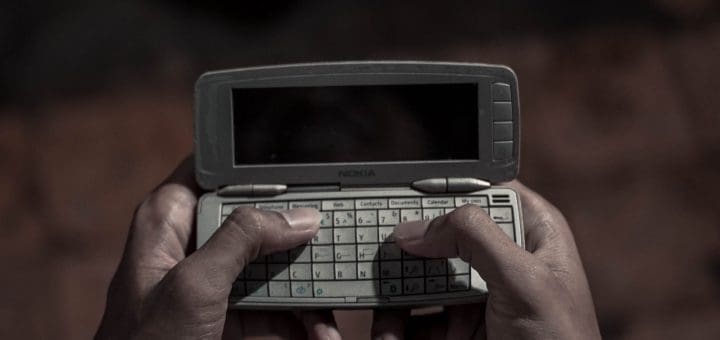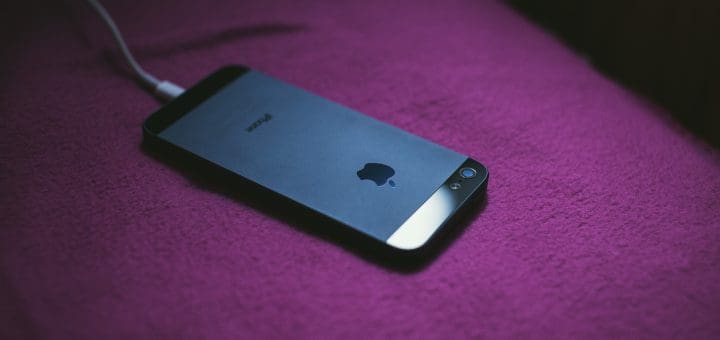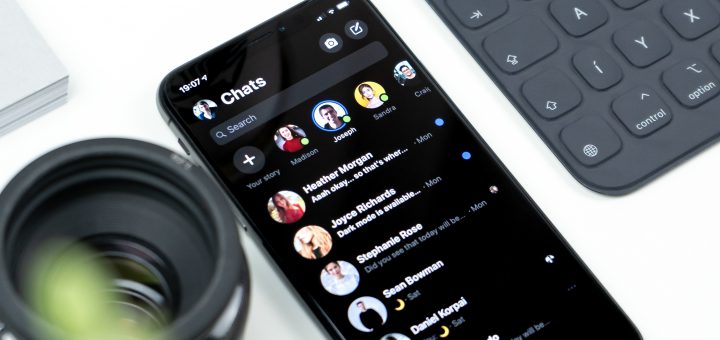Category: Social Media Guide
The short answer? There are a lot of ways that using technology and specifically social media affects your brain. After all, the brain is always working and responding to everything, with social media being no exception.
The variety of social media platforms, the kind of content they show, and who uses them allows people to wear different “masks” depending on what site or app they go on. Facebook has become more family-dominated, so many teenagers feel like they need to filter themselves so their parents, grandparents, and other extended family don’t see everything. Meanwhile, teens may use Instagram to present a seemingly perfect and aesthetic lifestyle to their peers (finstas, on the other hand, make teens feel like they can show their “true selves”).
When people talk about social media and its effect on people, it’s almost always negative. Many have mentioned and researched about the effect of social media on mental health: feeling unproductive, worrying about what we said or did online, and experiencing FOMO are just a few of the things that affect us from using social media.
Technology has helped make the world feel more connected, making resources, stories, and information much more accessible. This impact is significant for those who are physically isolated and may feel like they’re in the middle of nowhere. In the past, news and entertainment was extremely limited to things such as televisions, magazines and newspapers, and going out to explore was difficult because there were very few things close by.
It’s easy to feel overwhelmed by social media. With all the different kinds of accounts we can have, the way we can rely on the number of likes and comments we get, and the tendency we have to compare ourselves to others about what we post, social media can heighten feelings of anxiety and/or depression. It doesn’t help that people sometimes endlessly scroll through their social media during depressive episodes or times of increased anxiety, because that’s really all their brains have the energy to do.
While the lasting power of things on the Internet is permanent, the significance and popularity of some things are fickle. Even if Facebook is still up and running, notes and middle school photos buried somewhere deep down your feed, you probably don’t use it anymore – what was once one of the most popular website for teens is now only used by 51% of them, with only 10% saying they use it the most often.
The Internet is both a blessing and a curse. It gives us access to any information from any part of the world, allows us to talk and develop relationships with people we may have otherwise never encountered offline, and is always, always available.
We all want to have the best experience that we can on social media. Even if it seems that there’s a lot going at once online, from the 24/7 news cycle to the millions of accounts that we can encounter, we still have the ability to control our experience. We can choose who we want to follow, what topics and tags to track, and can go private so we can limit who we want to engage with.
It may be hard for some to remember the last time that they got a proper, full night’s sleep as we talk about naps and sleep this week. Schoolwork, jobs, and extracurricular activities are just a few things that can contribute to an adolescent’s hectic and busy schedule. Simply put, there aren’t enough hours in the day for people to do everything that they want, and they often sacrifice the time they should be using sleeping to get everything else done.
It’s not uncommon to be anxious to meet new people or be in a new, unfamiliar environment. It’s also not uncommon to feel terrified before performing something in front of a crowd, whether it be alone or with others. It’s also not uncommon to even feel a little bit nervous meeting people you’re comfortable with and know pretty well.











Recent Comments